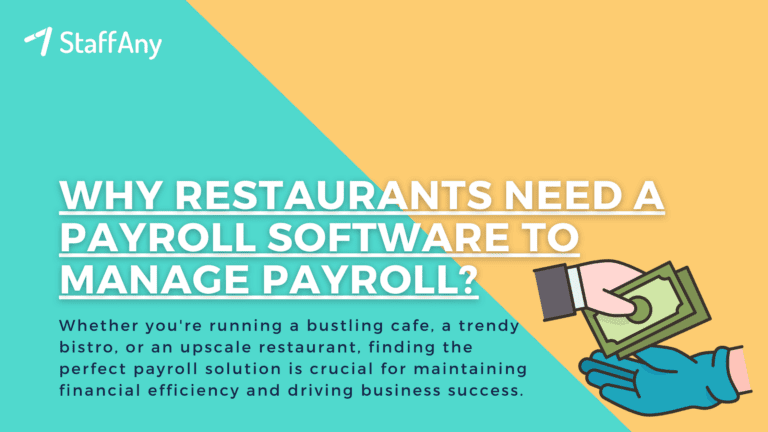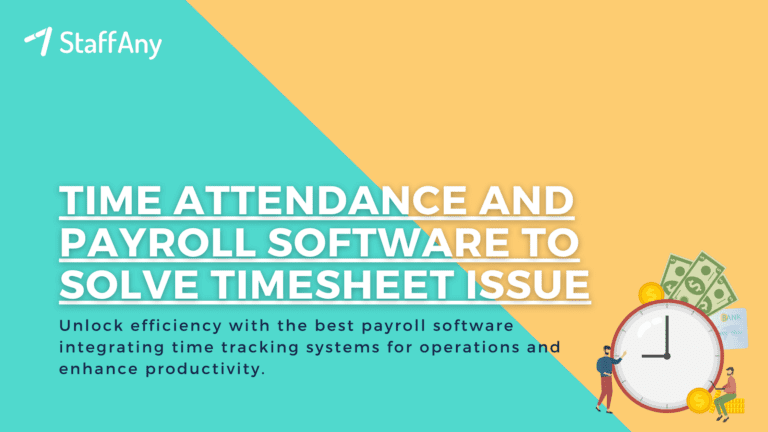In a multicultural and diverse country like Malaysia, the concept of Halal food holds a special place. For the Muslim community, ensuring that the food they consume adheres to Halal standards is of utmost importance. Halal certification for restaurants is not only a legal requirement but also a mark of trust for patrons.
In this article, we will delve into the world of Halal certification, exploring what it is, what constitutes Halal food in Malaysia, and the step-by-step process of applying for a Halal certificate. Let’s get started!
What Is a Halal Certificate?
A Halal certificate is an official document issued by a recognized authority that verifies the compliance of a restaurant’s food and practices with Islamic dietary laws. The term “Halal” originates from Islamic law, signifying that something is permissible, allowed, or legal for Muslims to consume. It is the antithesis of “Haram,” which denotes something that is forbidden or not permitted.
The certification is an assurance to the Muslim community that the food served in a restaurant is prepared and handled in a manner that is consistent with these laws.
Halal certificates are essential for restaurants wishing to cater to the Muslim market, as they are not only a legal requirement but also a marketing advantage. These certificates can attract a significant customer base, as many Muslims are particularly conscious of consuming Halal food.
Read more: Understanding 3 Types of Business Licences in Malaysia
What is Considered Halal Food in Malaysia?
Malaysia, a nation with a diverse population, has a well-defined framework for determining what qualifies as Halal. This definition is found in the Trade Description Order (Usage of the Term “Halal”) of 1975. According to this definition, food is considered Halal if it satisfies the following requirements:
- Animal Origin: It must not originate from or contain any part of animals forbidden to Muslims by Islamic law. This also includes animals that have not been slaughtered by Islamic law.
- Pure Substances: Halal food must not contain any impure substances in Islamic law.
- Utensils and Equipment: The food should not be prepared, processed, or manufactured using equipment or utensils that are not impure-free as defined by Islamic law.
- Separation: During the preparation, processing, or storage stages, Halal food should not come into contact with or be stored near any food that does not meet the aforementioned criteria or substances considered impure by Islamic law.
This stringent set of requirements ensures that Halal food in Malaysia is prepared and handled in a manner that respects Islamic dietary laws.
Halal certification in Malaysia extends beyond food products; many products and services can also receive a Halal Certificate. These encompass items that may contain animal products as ingredients or services that might have animal products on their premises. Some examples of these include:
- Beverages
- Food supplements
- Food premises (e.g. restaurants, hotels)
- Consumer goods
- Cosmetics and personal care products
- Pharmaceuticals
- Logistics
- Slaughterhouses
- Original equipment manufacturers
- Medical devices
Each industry or product type has specific requirements to achieve Halal status. For instance, in slaughterhouses, the National Council for Malaysian Islamic Religious Affairs has provided detailed guidelines on the production, preparation, handling, and storage of Halal food.
These guidelines are crucial for ensuring that the entire process, from the slaughter of animals to the final product, adheres to Halal principles.
Read more: The Overview of Food and Beverage Industry in Malaysia
How to Apply Halal Certificate for Restaurant in Malaysia?
Obtaining a Halal certificate in Malaysia is a well-structured process overseen by the Department of Islamic Development Malaysia (Jabatan Kemajuan Islam Malaysia or JAKIM). Whether you are a manufacturer, distributor, food premise, or involved in any of the other specified categories, here is a step-by-step guide on how to apply for a Halal certificate:
Step 1: Identify Your Category
Applicants for a Halal Confirmation Certificate in Malaysia must fall into one of six categories:
- Manufacturer/Producer
- Distributor/Trader
- Sub-Contract Manufacturer
- Repacking
- Food Premise
- Abattoir/Slaughterhouse
Identify the category that best describes your business operations.
Step 2: Prepare Required Information
Once you’ve identified your category, gather the necessary information and documents. This typically includes:
- Company Profile
- Company or Business Registration
- Name and Description of Product or Menu for Certification
- List of Ingredients Used
- Name and Address of Manufacturer/Ingredient Supplier
- Type of Packaging Material
- Manufacturing Process and Procedure
- Halal Status for Ingredients with the Halal Certificate or Product Specification for Critical Ingredients (if relevant)
- Location Map of Premises or Factory
- Other Documents, such as HACCP, ISO, GHP, GMP, TQM, etc. (if any)
This comprehensive information is essential for JAKIM to evaluate your application. Be thorough in providing all the required details.
Step 3: Apply Online
Businesses can apply for a Halal Confirmation Certificate via the MYeHALAL platform on the JAKIM Halal Hub. This online application streamlines the certification process and makes it more accessible for businesses.
Step 4: On-Site Inspection
After submitting your application, JAKIM will schedule an on-site inspection of your premises. During this inspection, it’s crucial to have a file dedicated to your Halal Certificate application, which should contain all the relevant documents. The inspector may also take product samples for laboratory analysis during the evaluation process.
Step 5: Certification Validity
If your application is successful, you will receive a Halal Certificate issued by JAKIM. The validity of the certificate is typically two years for most categories. However, for slaughterhouses, the certification is valid for one year.
Step 6: Renewal
Holders of a Halal Certificate must be mindful of the certificate’s expiration date. It’s essential to apply for renewal at least three months before the certificate expires to ensure continuous compliance with Halal standards.
Read more: How to Set Up a Franchise Business in Malaysia: A Complete Guide
How Much Does It Cost to Apply Halal Certificate for Restaurant in Malaysia?
The type and size of the entity applying determines the cost of applying for a Halal Certificate in Malaysia. The fees are structured as follows:
- Small Company: The fee for a small company is RM 100.
- Medium Company: Medium-sized companies must pay RM 400 for their Halal Certificate application.
- Multinational Company: For multinational companies, the fee is RM 700.
- Small Slaughterhouse: Small slaughterhouses are charged RM 10 for their application.
- Medium Slaughterhouse: Medium-sized slaughterhouses are required to pay RM 400.
- Large Slaughterhouse: Large slaughterhouses fall under the RM 700 fee.
- Food Premise/Restaurant/Hotel/Caterer: For each food premise, restaurant, hotel, or caterer, the fee is RM 100.
It’s important to note that these fees may vary, and it’s advisable to confirm the current rates with the relevant authorities or the Department of Islamic Development Malaysia (JAKIM) at the time of application. The fees cover the administrative and inspection costs associated with the Halal certification process.
Read more: Navigating Product Labelling Requirements in Malaysia
Does Malaysia Recognise Foreign Halal Certification?
In Malaysia, recognising foreign Halal certificates is essential to ensure the authenticity of imported Halal products. JAKIM plays a central role in this recognition process by acknowledging Foreign Halal Certification Bodies (FHCB) that adhere to Malaysian standards.
Recognised FHCBs must send annual reports to JAKIM for ongoing review to maintain compliance with Malaysian requirements. Any product marked as “Halal” exported to Malaysia must possess a certificate from an FHCB, as stipulated by the Trade Descriptions (Certification and Marking of ‘Halal’) Order 2011.
This stringent framework is integral to maintaining the integrity of the Halal market in Malaysia and assuring consumers of the authenticity of Halal products. To find the list of recognised FHCBs as of 17 March 2023, refer to this link.
Obtaining a Halal certificate in Malaysia is a meticulously structured process that assures the compliance of food products with Islamic dietary laws. This certification not only fulfils legal requirements but also opens doors to a significant market segment. Once you’ve secured your Halal certificate, you can streamline your HR processes with StaffAny’s HR reporting software.
With this powerful tool, you can access real-time information, export reports effortlessly, and bid farewell to manual calculations. Make informed decisions with the best reporting tools in the market, ensuring accurate timesheets and timely payslips for your staff. Embrace the Halal culture in Malaysia, gain the trust of the Muslim community, and excel in your business operations!











